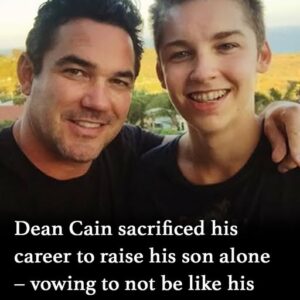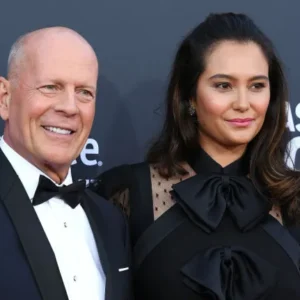
Charlie Kirk, 31, co-founder of Turning Point USA and a prominent voice among young conservative activists, was tragically shot and killed during a public event at Utah Valley University in Orem, Utah. Kirk was participating in his “American Comeback Tour,” leading one of his signature “Prove Me Wrong” tables, when the incident occurred. Witnesses reported hearing a single gunshot and seeing him clutch his neck before collapsing, prompting chaos and panic among attendees.
Authorities reported that the shot struck Kirk in the neck, just below the jaw, and appeared to have been fired from a nearby building roughly 200 feet away. The sudden nature of the attack left the crowd in shock and confusion. Emergency responders rushed him from the stage, but despite immediate medical attention, his injuries proved fatal. Around 2:40 p.m., former President Donald Trump confirmed Kirk’s death on social media, describing him as “legendary” and expressing deep sorrow over the loss.
Kirk is survived by his wife, Erika Frantzve, and their two young children—a three-year-old daughter and a younger son. Tributes and condolences poured in from across the nation. Political leaders, including Utah Governor Spencer Cox, condemned the attack, with Cox calling it a “political assassination.” Public discourse has focused on the dangers facing individuals in highly visible political roles and the increasing need for security at public events.
The Final Moments
Reports indicate that just before the shooting, Kirk was engaged in a heated discussion on stage. An audience member asked him about trends in mass shootings, including the demographics of recent perpetrators. Kirk’s responses were measured, yet firm, reflecting the type of pointed dialogue he often engaged in. These exchanges, along with video footage captured by attendees, show Kirk speaking confidently moments before the attack unfolded, highlighting the abrupt and shocking nature of the incident.
Kirk’s Legacy and Influence
Kirk rose quickly in conservative politics, building Turning Point USA into a significant platform for student activism on college campuses. Beyond his organizational work, he became a familiar figure in conservative media through podcasts, radio shows, speeches, and social media outreach. Known for his assertive style and sometimes polarizing viewpoints, he inspired a generation of young activists while drawing scrutiny from critics.
His death leaves a complicated legacy. Supporters mourn a leader, father, and mentor who championed conservative principles for young Americans. Others express concern about the growing threats facing public figures and the dangerous consequences when political rhetoric escalates into violence.
Public Safety and Ongoing Investigation
Law enforcement agencies, including the FBI and ATF, have taken lead roles in the investigation. A suspect initially detained has since been released after questioning, and authorities continue to actively search for the individual responsible. In the meantime, flags have been lowered, and officials have pledged transparency in their ongoing investigation.
Social media and public forums are flooded with tributes, grief, and discussions about political discourse and safety. Many are asking important questions about security measures at public events and how communities can prevent acts of violence while preserving open dialogue.
Charlie Kirk’s final moments—a blend of conviction, debate, and leadership—serve as a stark reminder of the risks faced by public figures today. His passing underscores the fragile balance between free expression, personal safety, and civic responsibility. While the nation mourns, the conversation about how to protect individuals who engage in public discourse grows louder.





